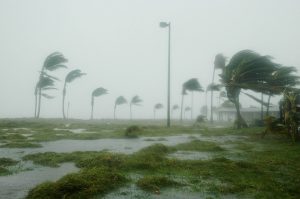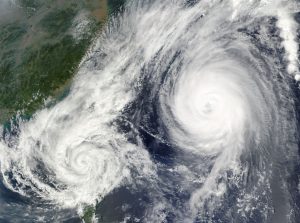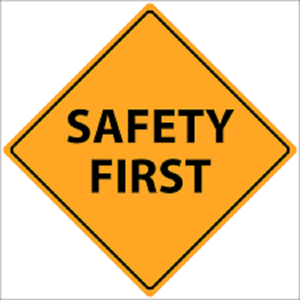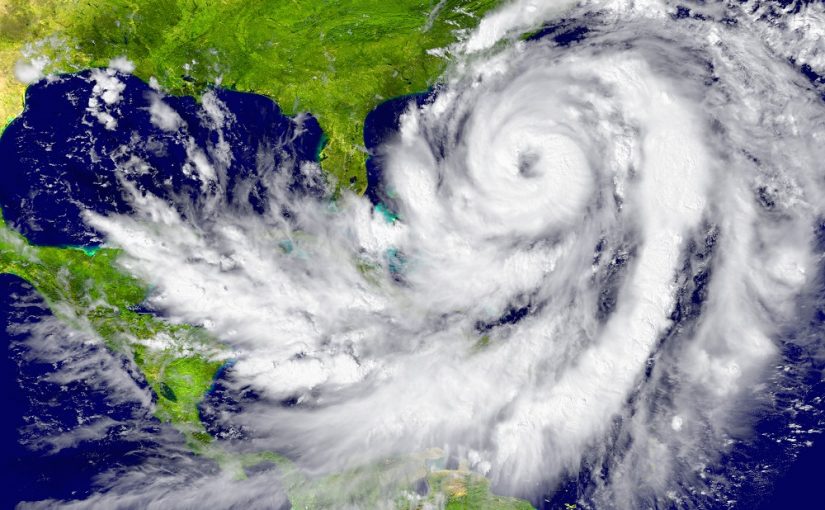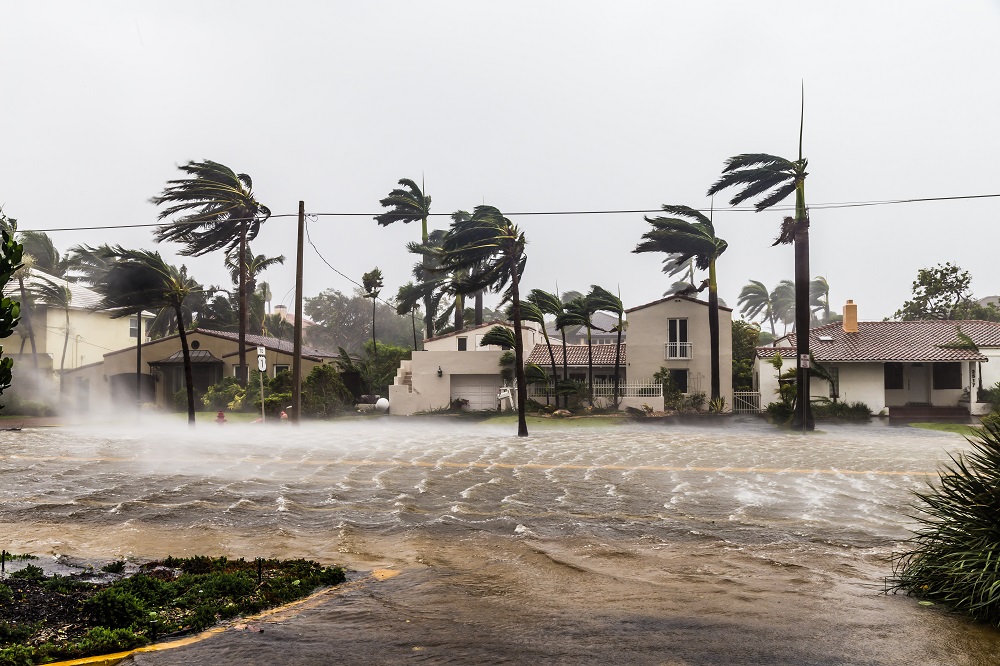Bars, Taverns and Restaurants
Small Businesses in the Bars, Taverns and Restaurant Industry have many different risks that are unique to this industry. The difference between a dive bar and a four star restaurant are as different as a beauty salon and a gun club. There are different classification codes for different types of insurance coverage depending upon the operations of your business. This is because the risks of a coffee shop, is different from the risks of a cafe or a wine bar. Which classification code the business is classified in is a large part of what determines how much they pay for commercial insurance. This may determine whether the business wants to offer a certain type of food or service depending upon how much it will impact what the business pays for commercial insurance.

Alcohol Consumption
Most states determine if a business is a restaurant (not a bar or tavern) if it makes a certain percentage of its revenue from food and not from alcohol sales. The typical amount to be determined a restaurant is less than 50%. If the business makes more than 50% of its revenue from alcohol sales it is a riskier business and is thus places in a riskier classification code. This causes the business to be charged a higher premium for commercial insurance. The next main factor that impacts a restaurants rate for commercial insurance is whether the restaurant offers alcohol or not at all. If the business does not offer alcohol at all, they obviously eliminate the risk of intoxicated customers. This lowers the most costly risk a bar tavern or restaurant faces. Also, an additional factor in the amount of premium is if the business does offer alcohol, whether or not the business offers hard alcohol or just beer and wine. Hard alcohol causes intoxication at a faster rate, because of this the business is more likely to have problems related to alcohol consumption.

Hours of Operation
Aside from alcohol consumption the next largest risk that faces Bars, Taverns and Restaurant is the hours of operation. There is much less risk in a diner open from 6:00 AM – 1:00 PM, compared to a bar that serves no food and stays open until 2:00 AM 7 days a week. The latter might carry a few more risks that might turn in to insurance claims. Because of this risk the business is going to pay more in premium for their commercial insurance. Limiting these risks before they turn in to insurance claims can save your business immensely over the long term.

Types of Coverage for Bars, Taverns and Restaurant
Most insurance carriers have business owner’s packages designed specifically for Bars, Taverns and Restaurants. Here are some common coverages you will find included in those packages.
- General Liability
- Liquor Liability
- Commercial Property
- Business Personal Property
- Workers Compensation
- Business Income and Expense Coverage
- Commercial Crime Coverage
- Umbrella Coverage
General Liability Insurance covers a business for common slips and falls that happen on the property, Liquor Liability is required by law in most states and the amount of coverage is usually determined by the amount and type of alcohol a restaurant serves. Commercial Property Insurance covers damages to the building and most fixtures attached to the building. Workers’ Compensation is required by law in nearly every state and is coverage to prevent lawsuits for injuries that occur to your employees as part of normal business operations. Business Income and Expense Coverage is an addition to a Commercial Property Policy and will cover your business for loss of revenue due to being closed after damage to your premises. Commercial Crime Coverage will cover your business for crimes committed by your employees while acting on behalf of the company. Umbrella Coverage is designed to extend the limits of existing policies when those limits have been met. It is important to note that Umbrella Policies only kick in on top of other existing policies. If the cause of the damage is not a covered peril than the Umbrella Policy will not be activated.
Below is a list of all the classification codes that might be included as a Restaurant, Bar or Tavern.
Business ISO General Liability:
- Code: 16920- Restaurant- alcohol sales >75%- Table service, dance floor
- Code: 16921- Restaurant- alcohol sales >75%- No table service, but dance floor
- Code: 16930- Restaurant- alcohol sales >75%- Table service, no dance floor
- Code: 16931- Restaurant- alcohol sales >75%- No table service, no dance floor
- Code: 16940- Restaurant- alcohol sales >75%- Bar service only, with dance floor
- Code: 16941- Restaurant- alcohol sales >75%- Bar service only, no dance floor
NCCI Class Codes:
- 9082 – Traditional Restaurant.
- 9083 – Fast Food Restaurant
- 9058 – Restaurants owned or operated in a hotel.
- 9084 – Restaurant who receives more than 50% of their revenue from the sale of alcohol.

